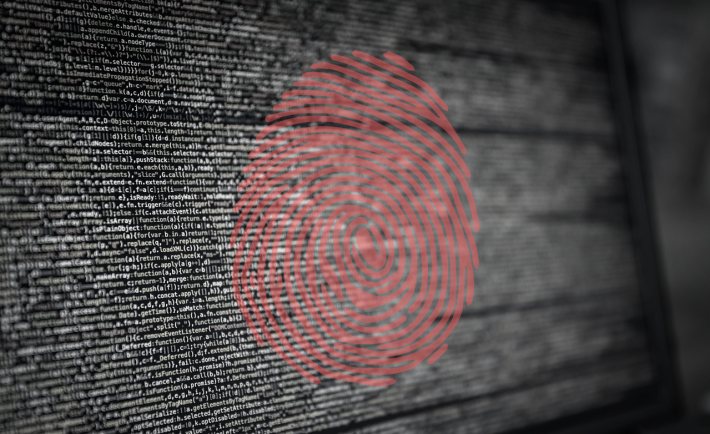Online disinformation and computational propaganda can have major effects, particularly in volatile political environments where public opinion can be shifted to a narrative pushed by a group with access to personal data from target populations. The power of online systems to shift elections or referenda is the lesson of many recent political campaigns in history. That reality has shown the importance of strong institutions, laws that are capable of shifting with ongoing technological and political innovation, and better corporate governance.
How building data protection regimes can counter disinformation
A Force Multiplier for Democracy in the Digital Age
In countries and communities around the world, defenders of democracy are working to understand and respond to the ways that technology is impacting political and electoral processes. With every election or political event, democracy’s defenders are capturing new lessons on how democracy can weather evolving threats and even thrive in the digital age. Despite this growing body of projects and the commitment of local actors in countries around the world, responses to evolving digital challenges to date often lack coordination. But both globally and regionally, key democracy stakeholders haven’t had a proper channel for information-sharing, research coordination, and advancing shared priorities at the intersection of tech and democracy. So we’re building one, as a community.


_1_0.jpg)